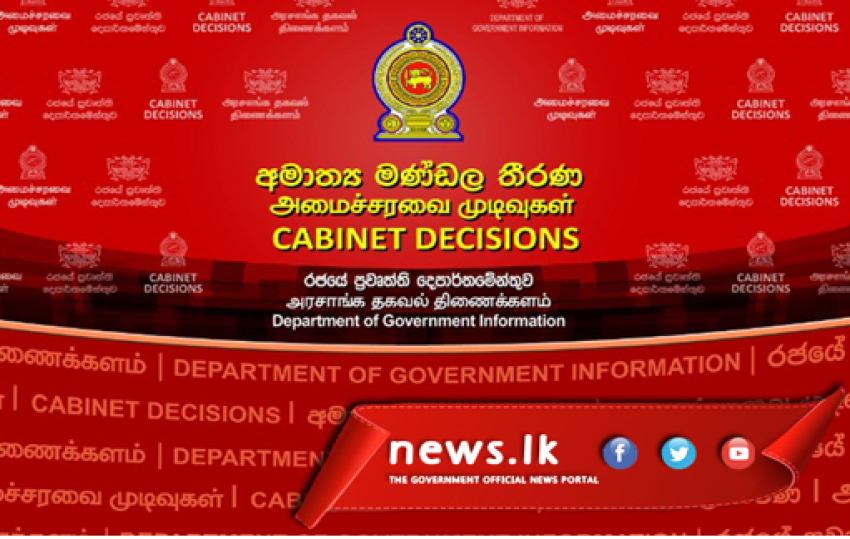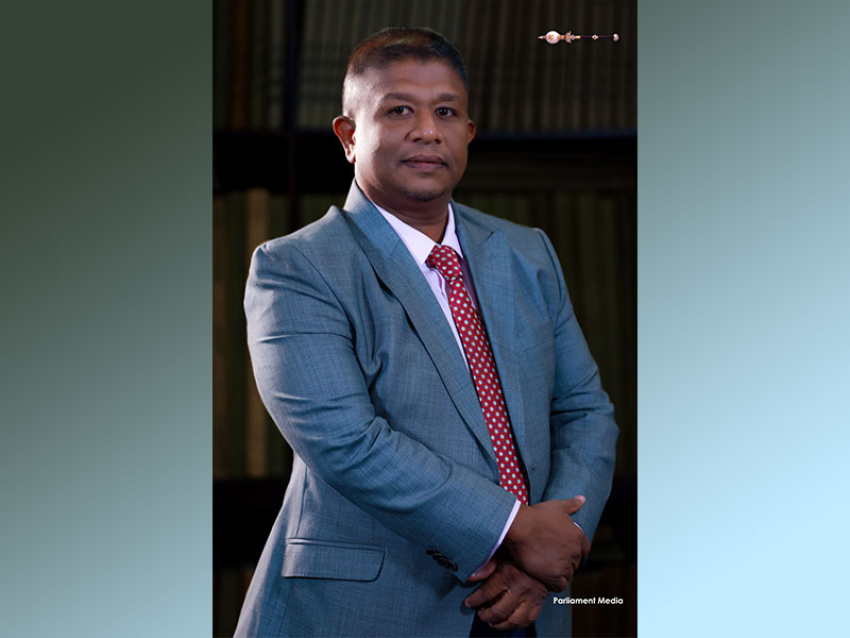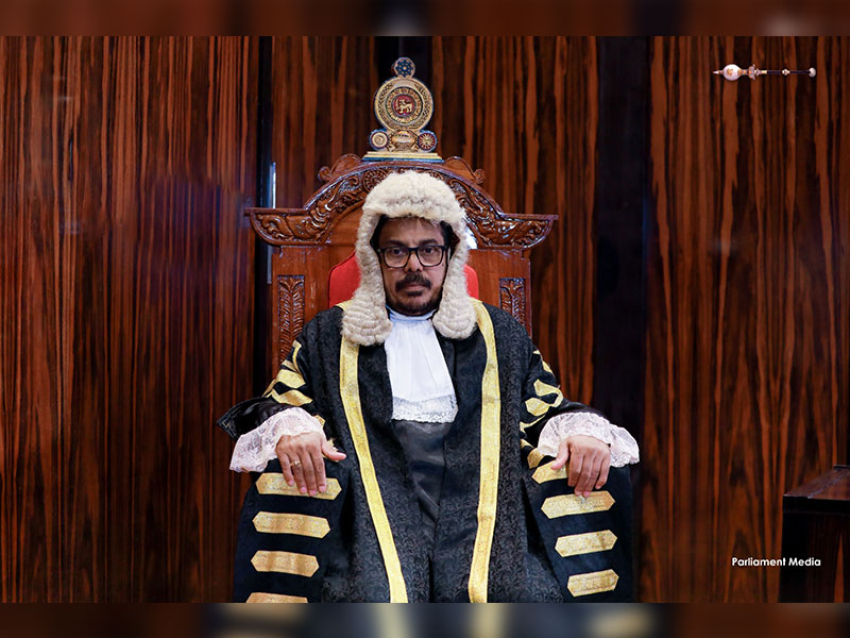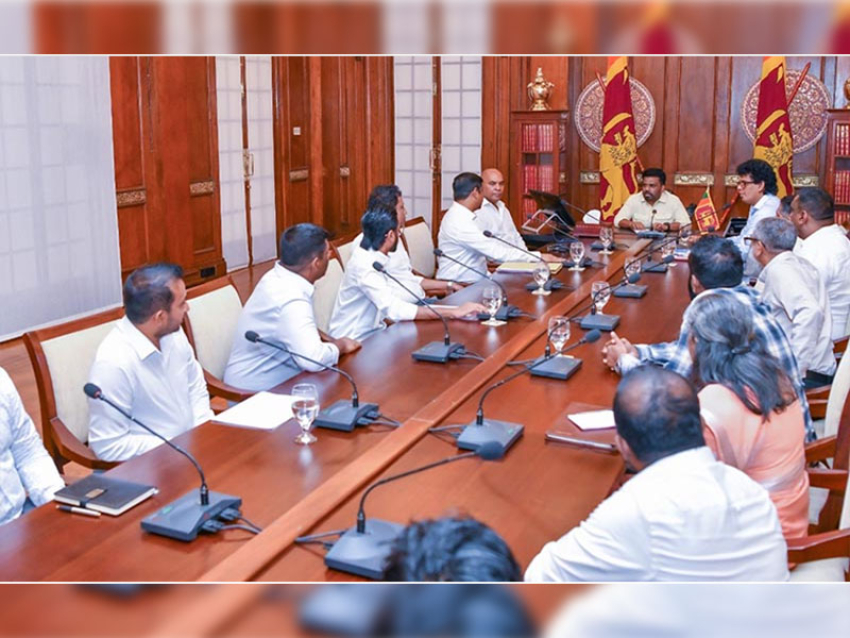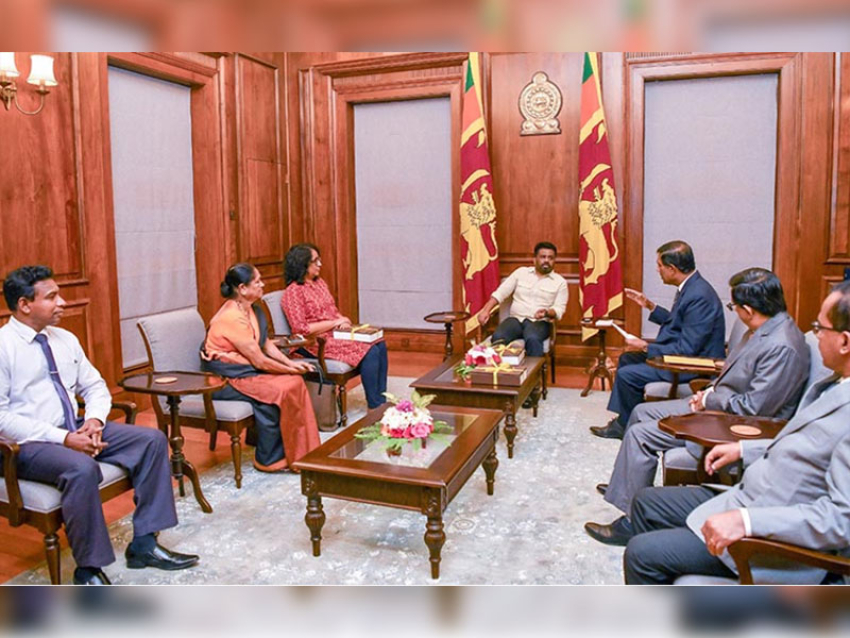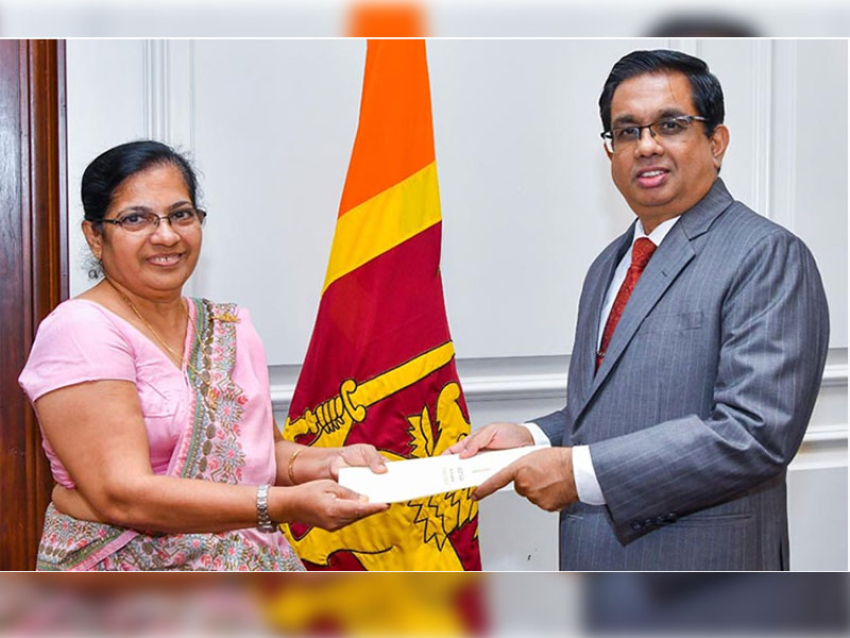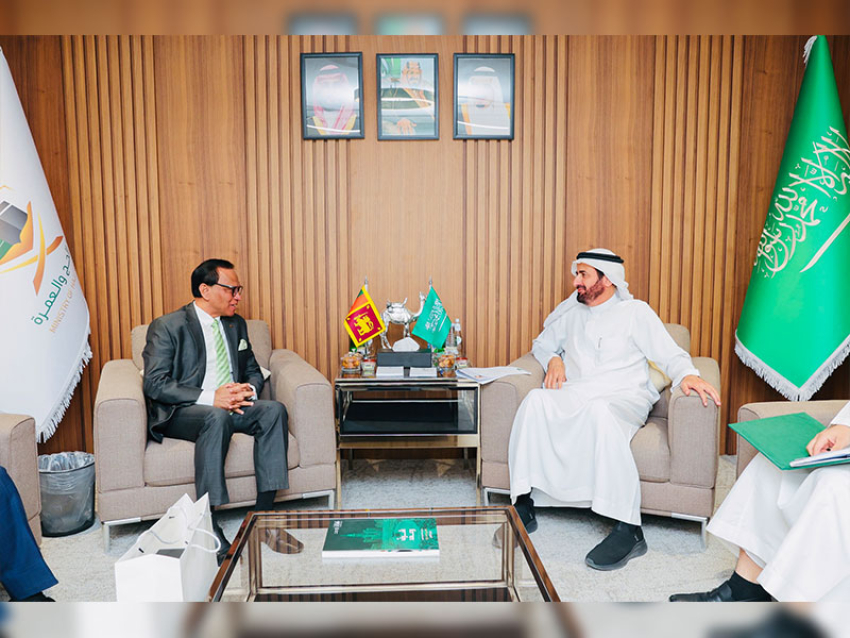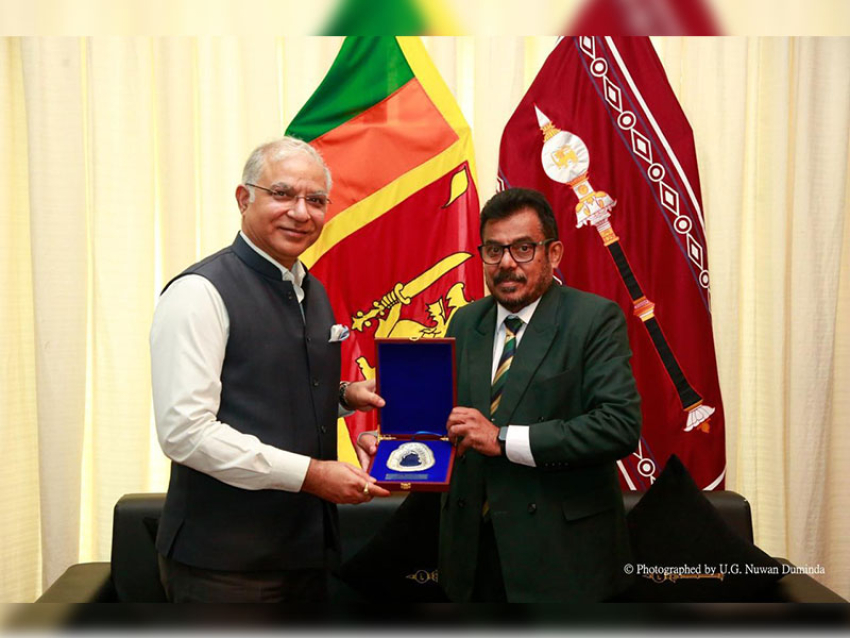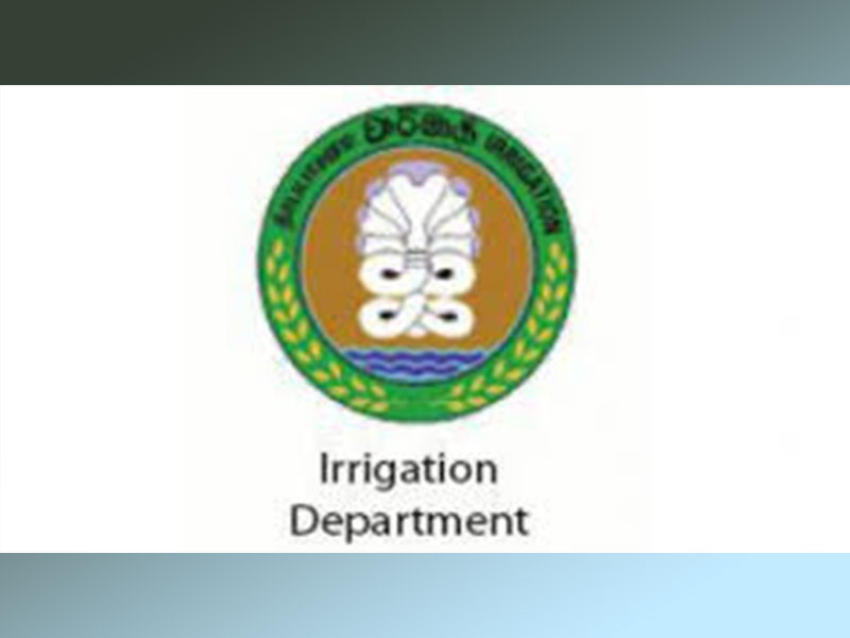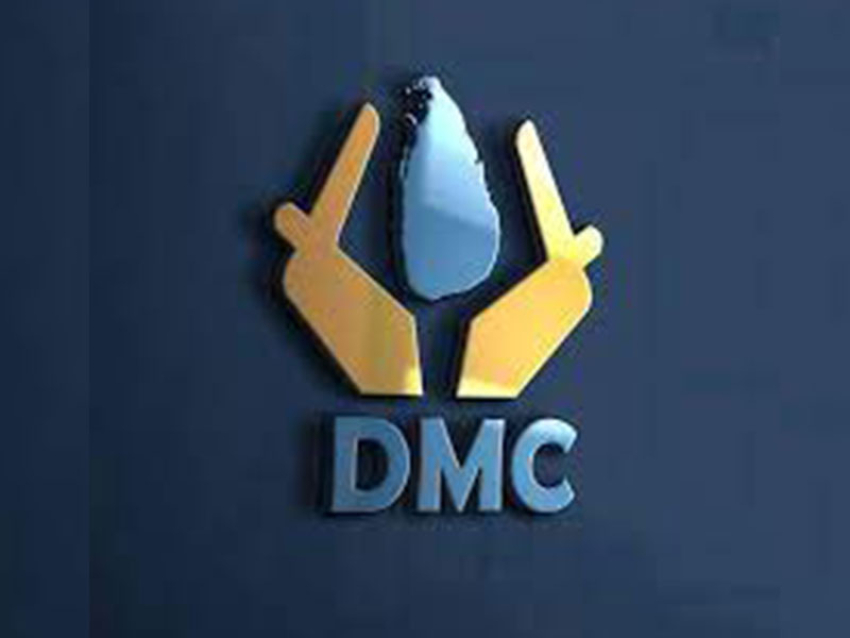He said the exchange rate has become a hot potato in the country today and what is funny is the unusual attitude about it.Many think it is the only factor that decides the fate of the economy which is not the view elsewhere in the world.“Nowhere else in the world do people think that when the exchange rate weakens the whole economy collapses.
Some progress has been made in stabilizing the economy with the inflation rate at a target level of around six percent, foreign reserves increase not only quantitatively but also qualitatively as the country has received half a billion dollars in swaps,” the governor said.
However, with regard to the exchange rate he noted that managing it is more an external factor than a domestic issue. Normalization of interest rates by the US Federal Reserve have led to large scale movement of capital back again to the US. We had seen funds being flushed to global markets but that trend is reversing today. “ Sri Lanka is not the only country affected by a weakening currency.
It is a common scenario today across many economies as we see the Indian rupee falling by around 10 percent, Argentinean peso by 50 percent, Turkish lira by 40 percent, Philippine’s peso by 8 percent and Australian dollar by eight percent.Our currency too has depreciated by around eight percent. Domestically we feel things have drastically gone wrong,” the governor said.
The value of the Sri Lankan rupee which stood at Rs.110.95 against the US dollar in 2010 fell to Rs. 152.80 by the beginning of 2017. The rupee had depreciated against the US Greenback by Rs. 168 on Friday.“On the external side one reason for the weakening of currencies is the normalization of interest rates by the US Fed and secondly it is the alleviated global tensions triggered by tariffs imposed by both the US and China, the US withdrawal from the nuclear deal with Iran and the escalating turmoil in the Middle East.
So we see money moving into safe havens which again made money to move into the US,” the governor said.He said “The rising global oil prices put pressure on the balance of payments. These factors which are beyond our control have exerted pressure on the exchange rate. Despite our efforts to stabilize the economy external factors have brought in pressure to the exchange rate.
“Global oil prices rose above $ 80 a barrel last week triggered by renewed tensions in the Middle East. Experts believe world commodity prices would further rise making import costly across nations.“Higher oil prices and a weak rupee is a double whammy on imports to Sri Lanka which outdoes exports widening the trade deficit each year. Economists and trade experts have cautioned further weakening of the currency would have ramifications to higher inflation and negative implications on the economy.
“The exchange rate was managed in the past in a flexible way but we also lost by trying to defend the currency in 2010. Having disorderly adjustments with excessive volatility is not good.”However, the governor said that the challenge now is for the policy makers to address the macroeconomic fundamentals.
He said “Inappropriate policies which brought down exports to about 12 percent of the GDP from around 32 percent, anti-export bias with Para tariffs prevent global sharing networking. All these factors contribute to the current account deficit.
“Therefore countries which are most vulnerable are with current account deficits. To move out of it is to have a surplus account. We took measures by increasing the tax on gold to curb the sharp rise in imports. Gold was smuggled for exports. However today imports have stabilized. Next is the increase in vehicle imports which led to trade deficit. The increase in the margin on LCs (Letters of credit) on imported vehicles will help reduce the outflows of foreign exchange on non essential imports. We did not want to defend the currency by increasing interest rates as growth had been subdued.”
The economy according to recent statistics had grown by 3.7 percent in the second quarter this year compared to the revised 3.5 percent recorded in the first quarter backed by agriculture, industry, services contributing 8.4 percent, 25.6 percent and 57.1 percent to the GDP.
“The ‘JustPay’ retail payment platform of LankaClear supported by the Central Bank will facilitate real time and secured payments through smart phones and smart devices. The Blockchain committee is currently working on how to improve the product in the country,” the governor said.



